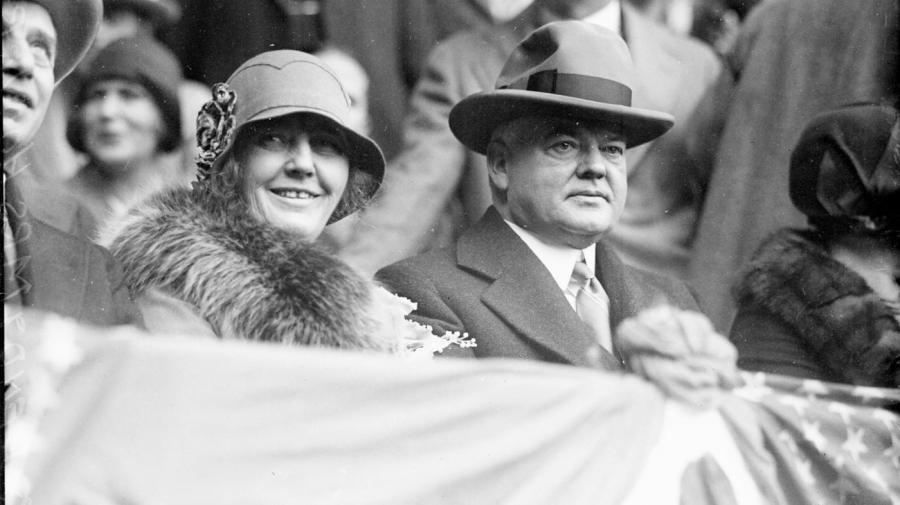What Was Hoover’s Approach to the Great Depression?

President Herbert Hoover approached the problem of the Great Depression by promoting his vision of private sector and government cooperation; urging businesses, banks, and government to act in the best interest of the country. As the depression worsened, he signed legislation for public works projects and increased government spending.
Hoover began combating the depression by urging businesses to continue to employ workers and resist cutting wages despite falling profits. He took a similar approach with the financial sector and organized the National Credit Corporation in 1931, which attempted to encourage banks to lend to other failing banks so that they might recover. This strategy was largely ineffective in the private sector, as it was too risky and not profitable.
As the depression continued, unemployment soared, and more banks failed, Hoover turned to other means of stimulating the economy. In 1930, Congress approved the Smoot-Hawley Tariff Act. The act increased taxes on imported goods from other countries in a misguided attempt to encourage the purchase of domestic goods. The act encouraged retaliatory tariffs from other countries, which discouraged international trade and worsened the depression on the global scale.
Toward the end of his term, as unemployment reached nearly 25 percent, Hoover enacted slightly more effective legislation. The Federal Home Loan Bank Act attempted to provide incentives for new home construction and addressed the struggling housing sector. The Revenue Act of 1932 increased corporate and personal income taxes to unprecedented levels to fight the depression.
The Hoover administration’s final attempt to stymie the Great Depression was the Emergency Relief and Construction Act, also signed in 1932. The Act provided government-backed loans to banks and created public works projects in the interest of increasing employment. This blueprint was greatly expanded by Hoover’s successor, Franklin Roosevelt. Roosevelt’s New Deal, along with the economically stimulating onset of World War II, would effectively end the Great Depression.





